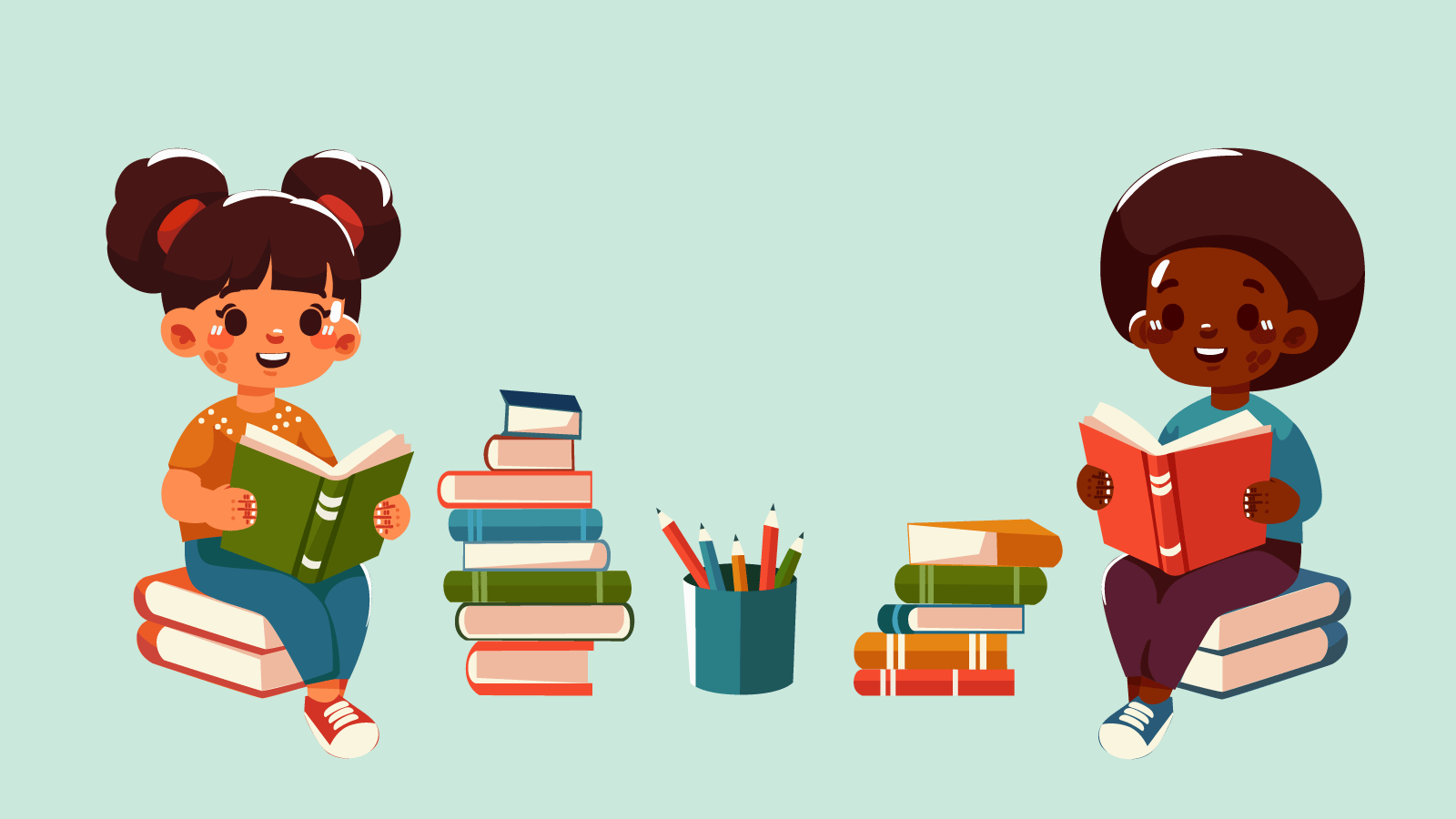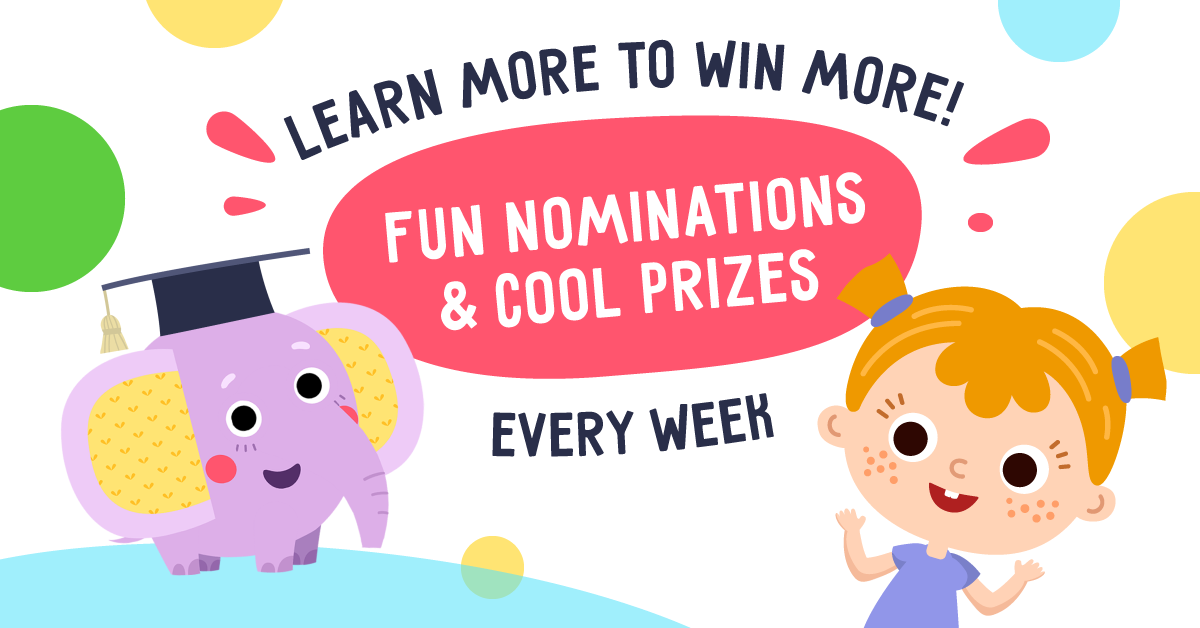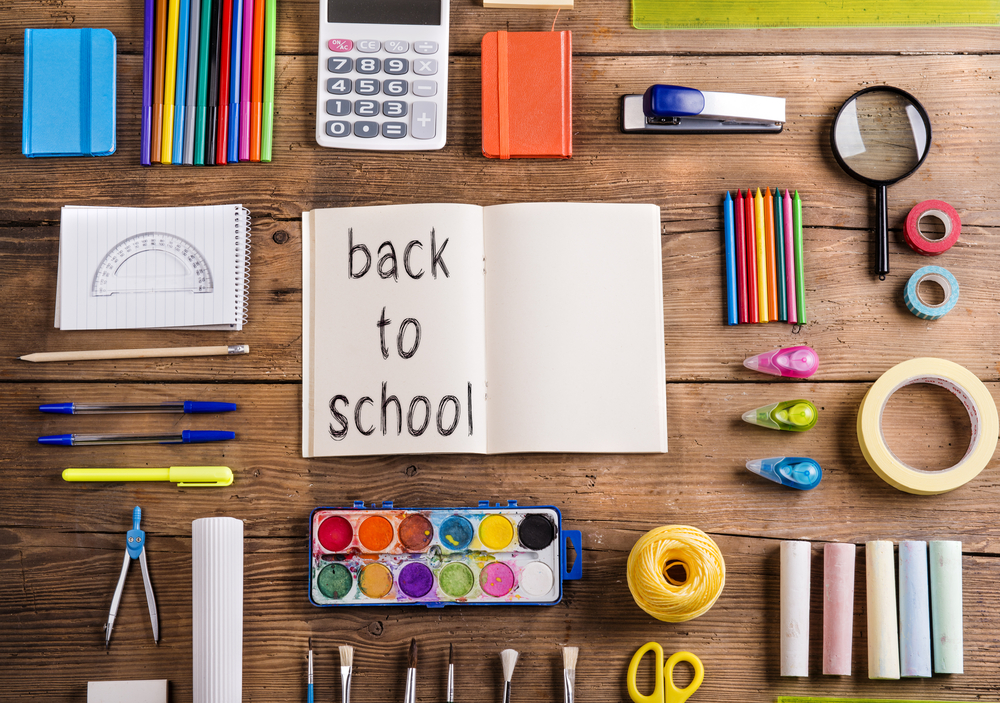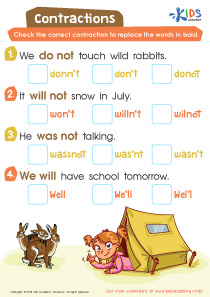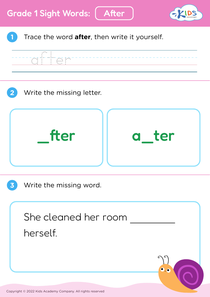Phonological Awareness worksheets for Grade 1
34 filtered results
-
From - To
Discover our engaging Phonological Awareness worksheets for Grade 1, designed to enhance early reading skills in young learners. These printable resources focus on key elements such as rhyme, syllables, and sound manipulation, promoting a strong foundation in literacy. Our activities provide varied, interactive exercises that make learning enjoyable for children. Each worksheet aligns with the Common Core State Standards, ensuring optimal educational value. Ideal for classroom use or at-home reinforcement, these resources cater to diverse learning styles. Foster your child's phonemic skills and boost their confidence in reading with our fun and effective materials. Perfect for first-grade literacy development!


Let's Check Long Vowels: Assessment Worksheet
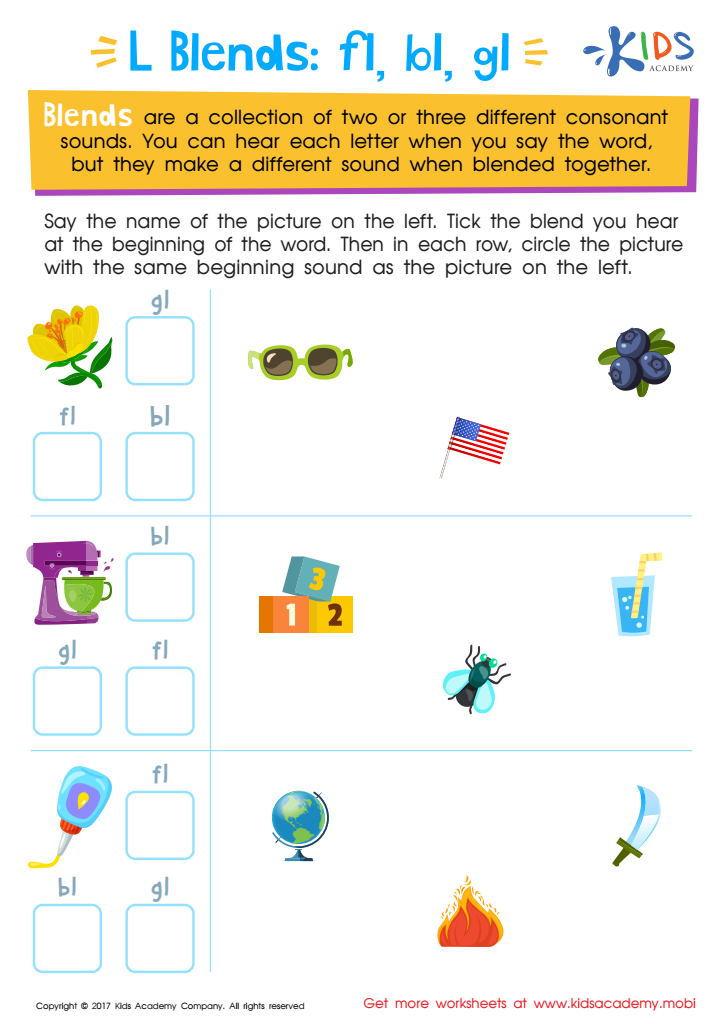

Blending Consonants: "Fl", "Bl" and "Gl" Printable
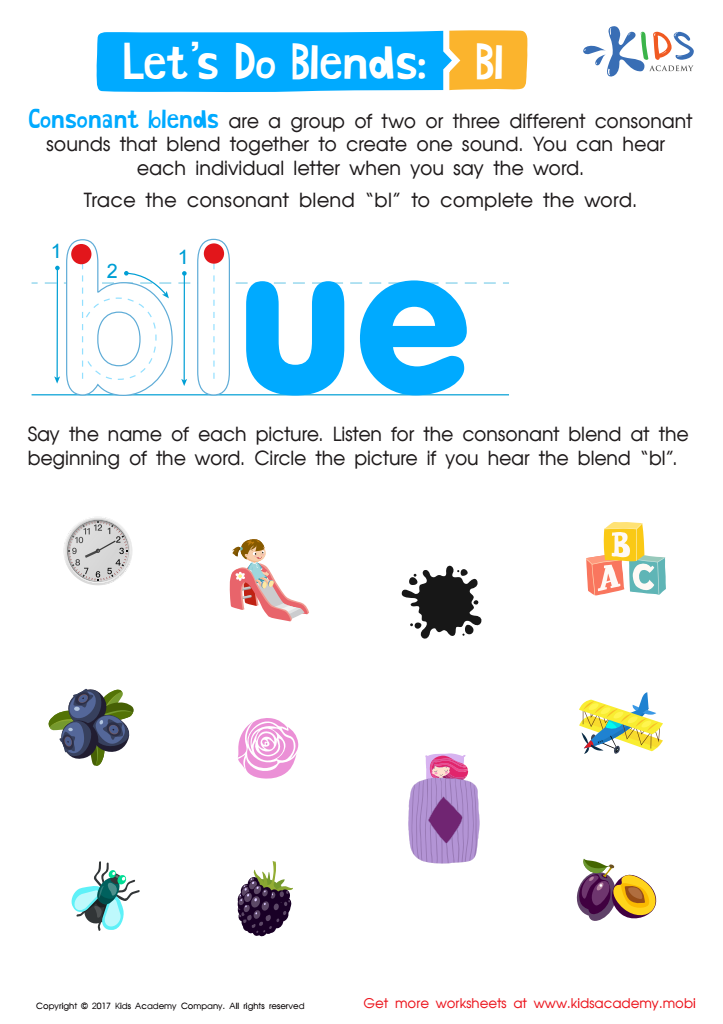

Beginning Blends: "Bl" Words Worksheet
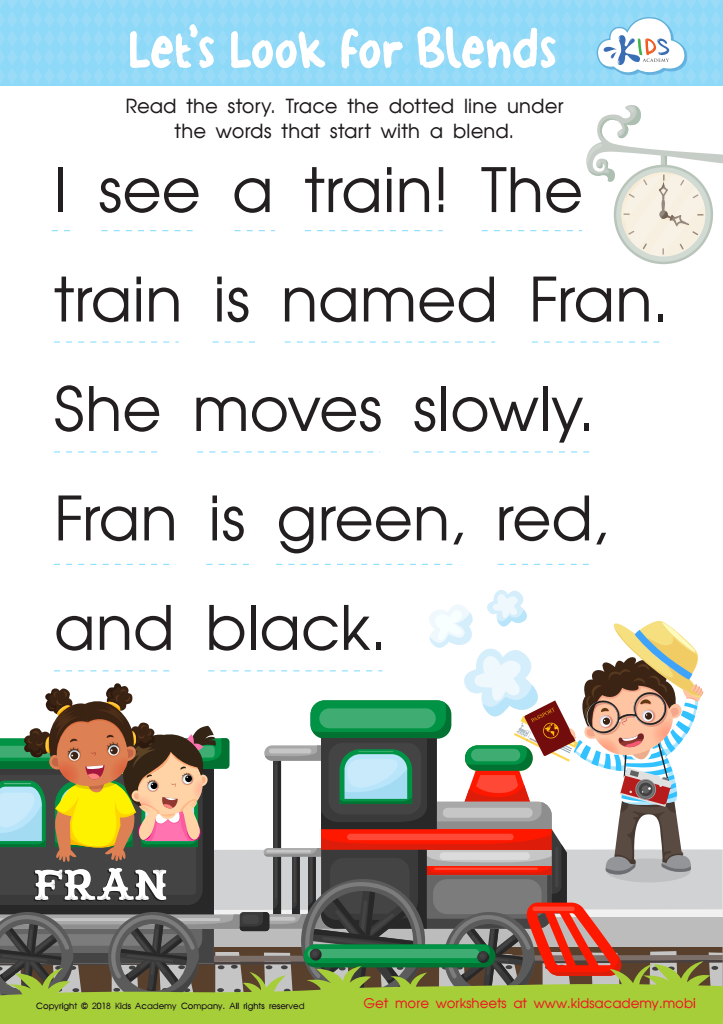

Let's Look for Blends Worksheet
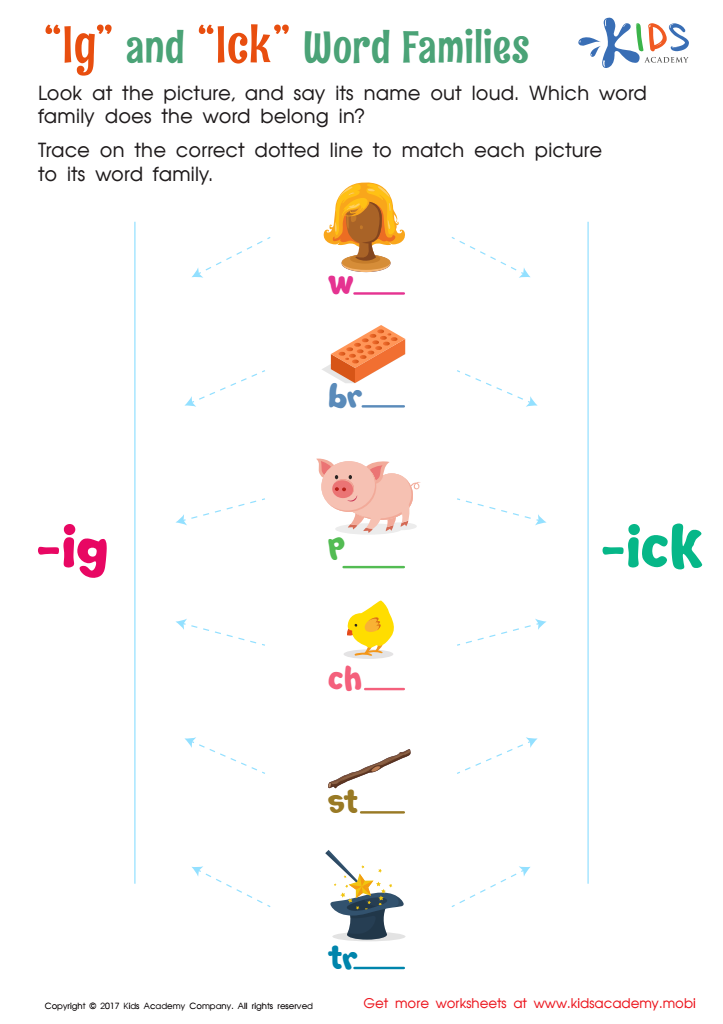

Words Families "ig" and "ick" Spelling Worksheet
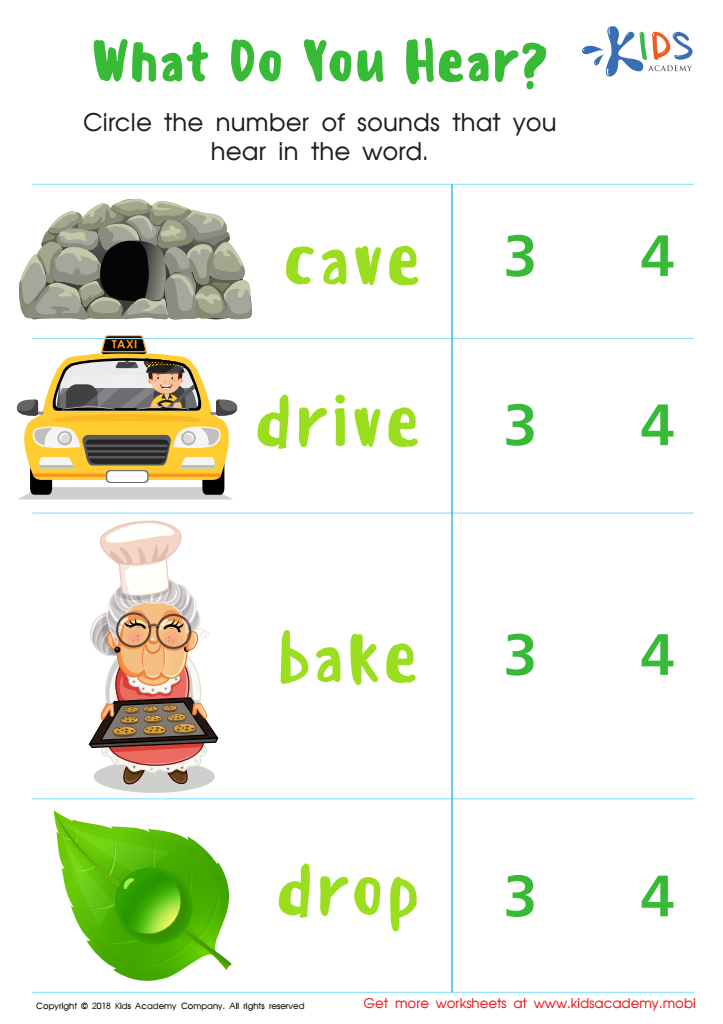

What Do You Hear? Worksheet
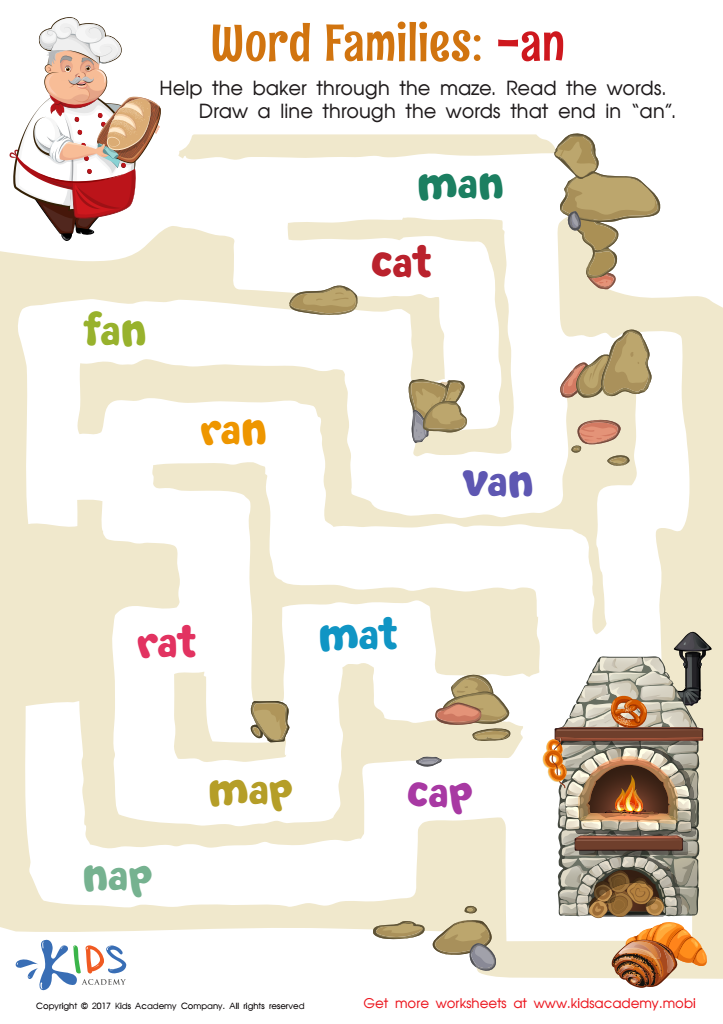

Words Families "an" Spelling Worksheet
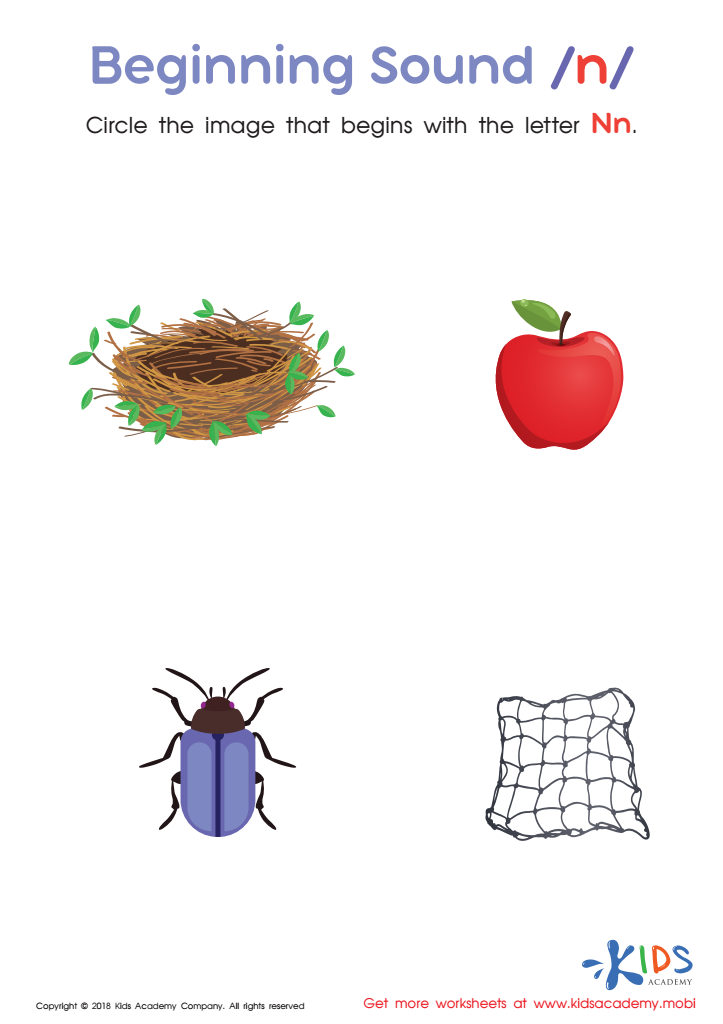

Beginning Sound «n» Worksheet
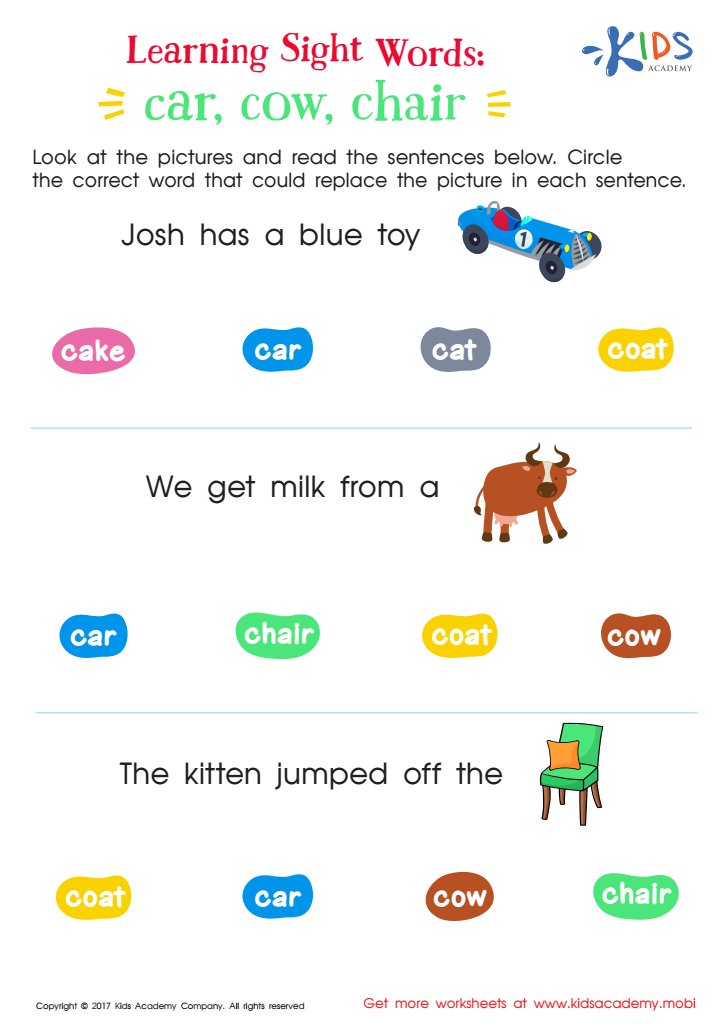

Car, Cow, Chair Worksheet Sight Words Worksheet
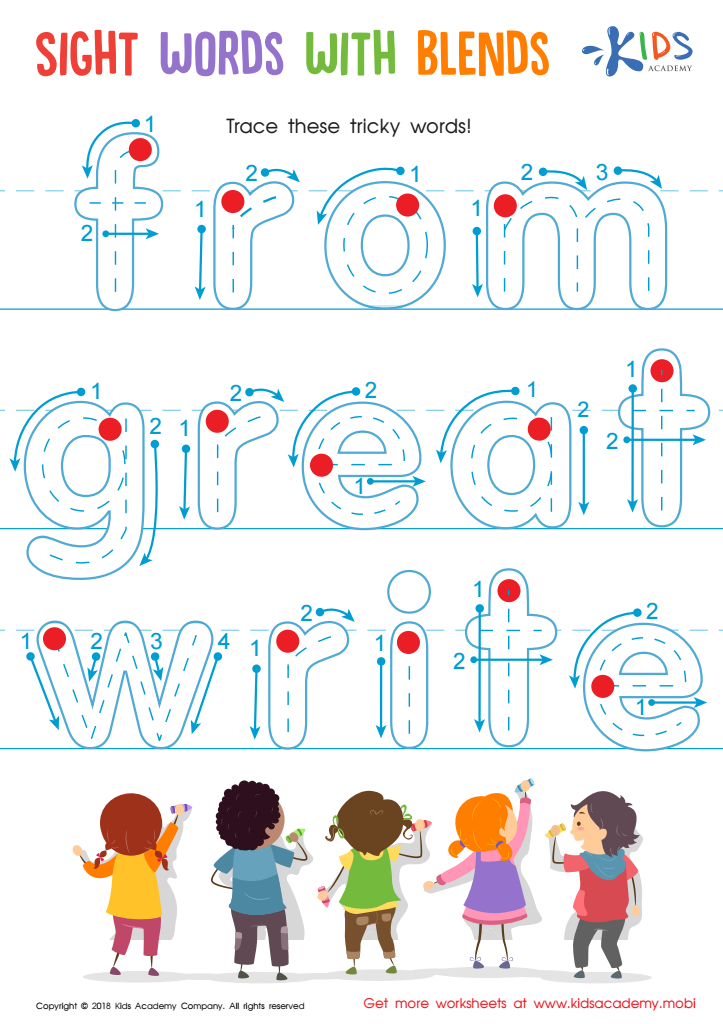

Sight Words with Blends Worksheet
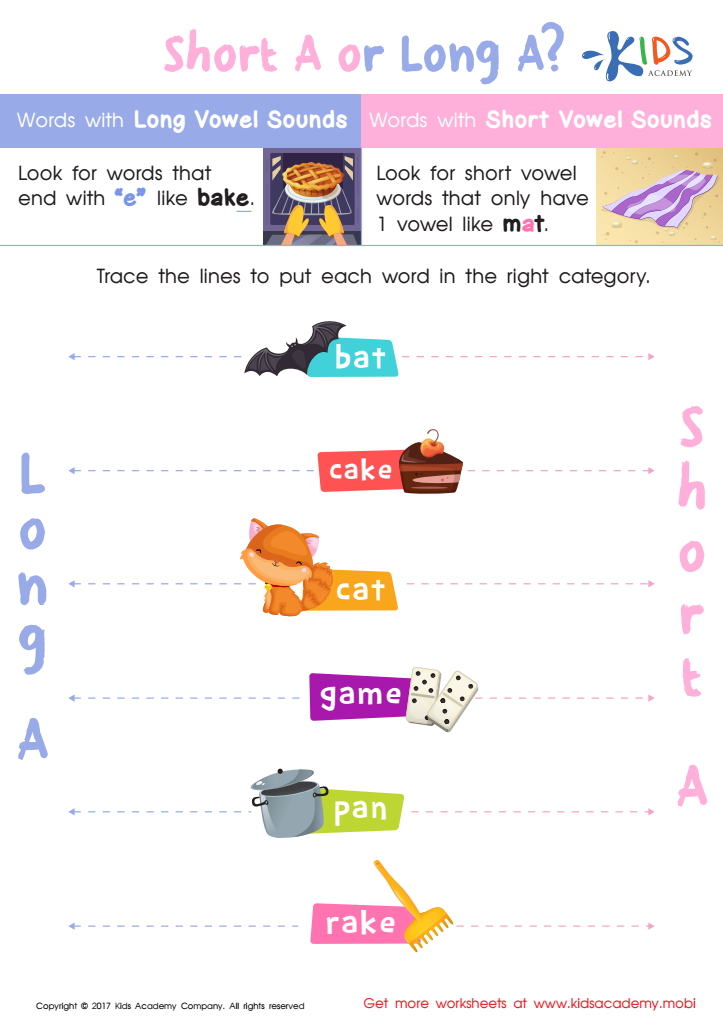

Short /a/ or Long /a/? Worksheet
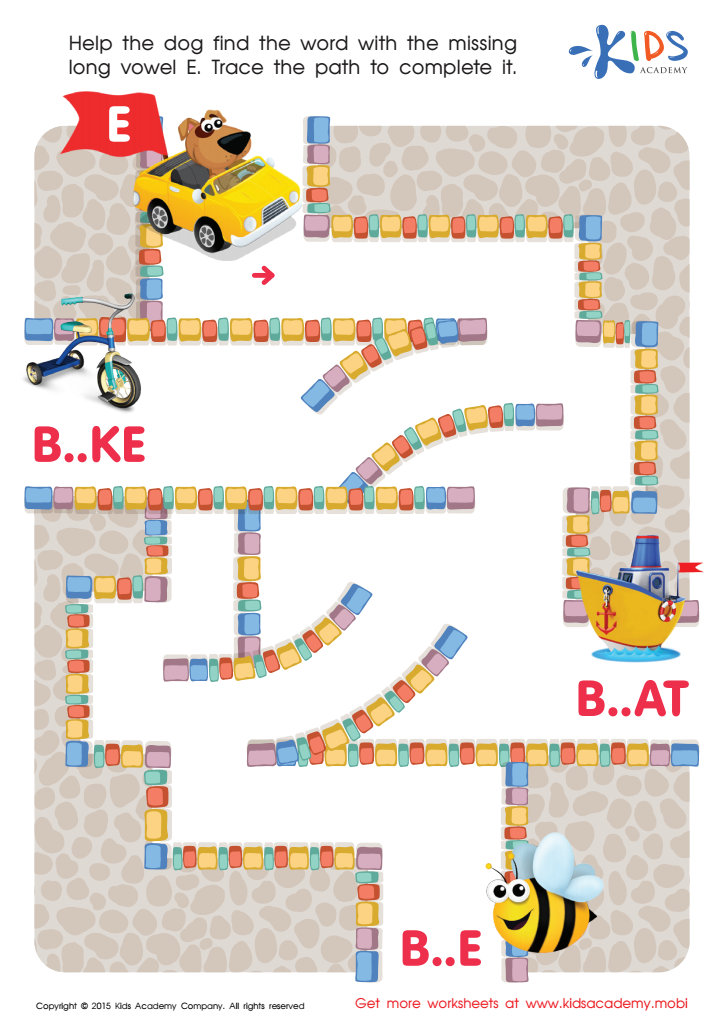

Long Vowel Sound E Worksheet
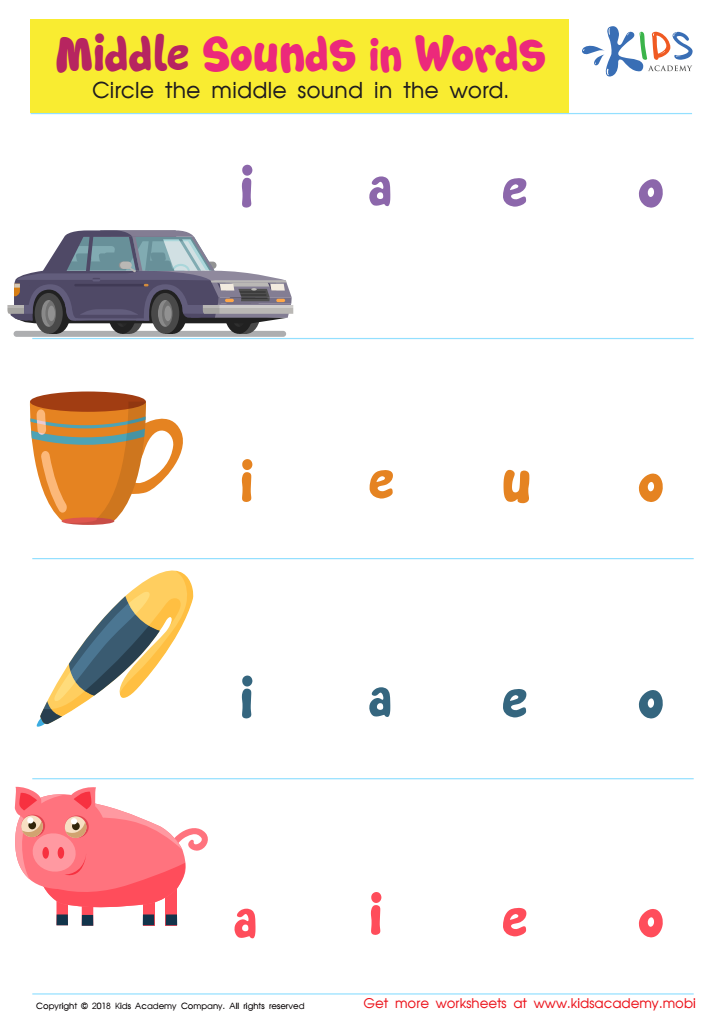

Middle Sounds in Words Worksheet
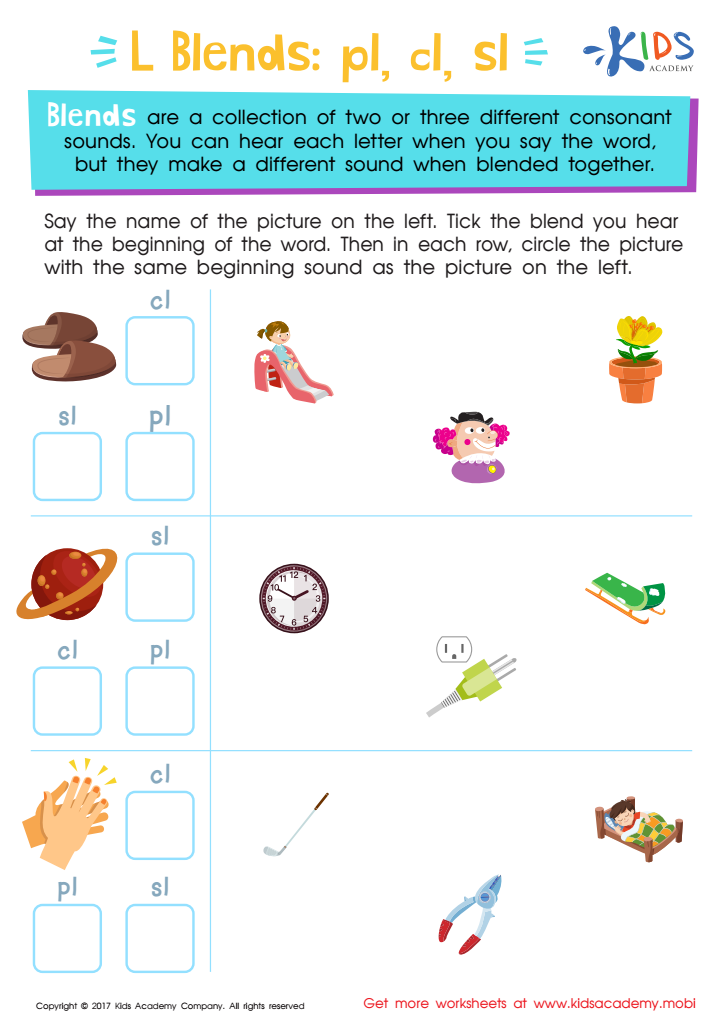

L Blends: "Pl", "Cl" and "Sl" Printable


Short Vowel Eggs Worksheet


Long and Short U Worksheet
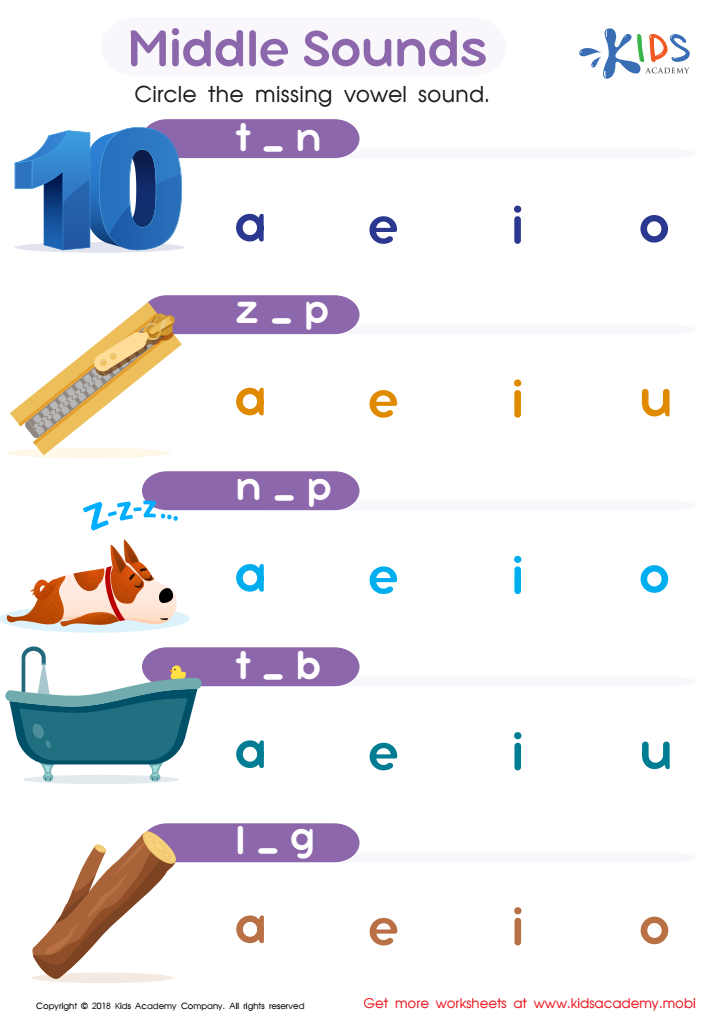

Middle Sounds Worksheet
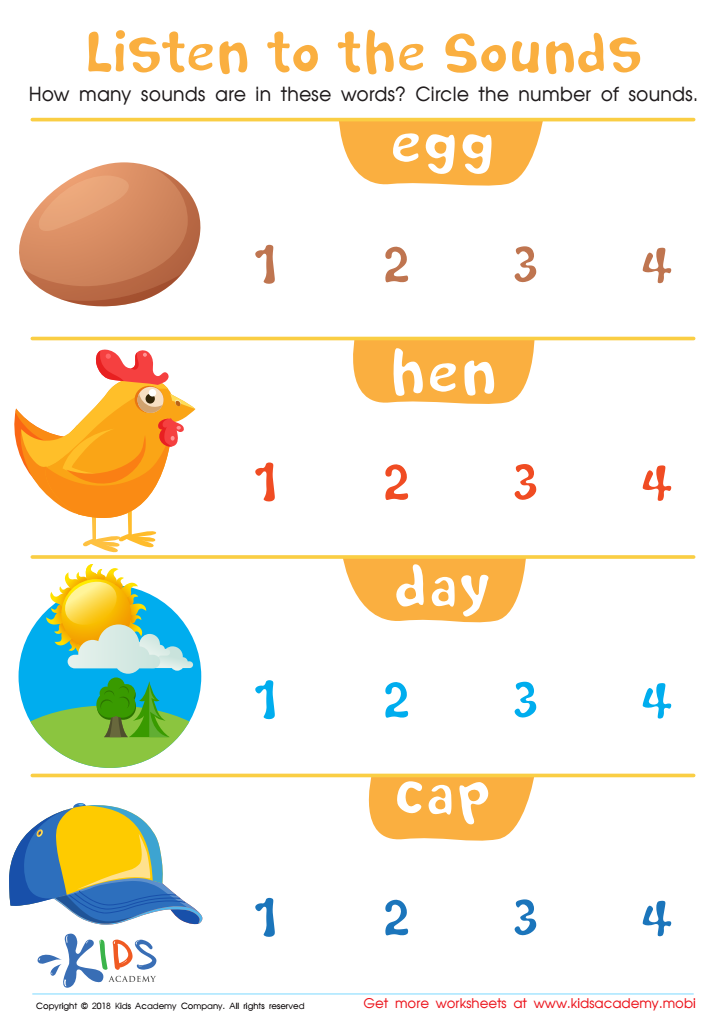

Listen to the Sounds Worksheet
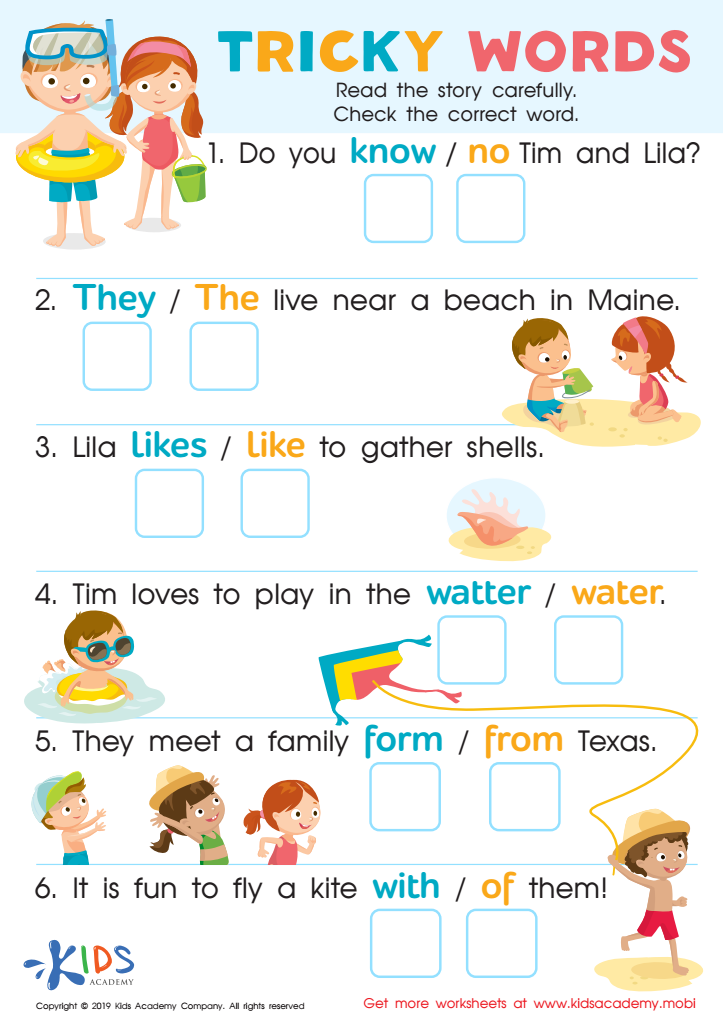

Tricky Words Worksheet
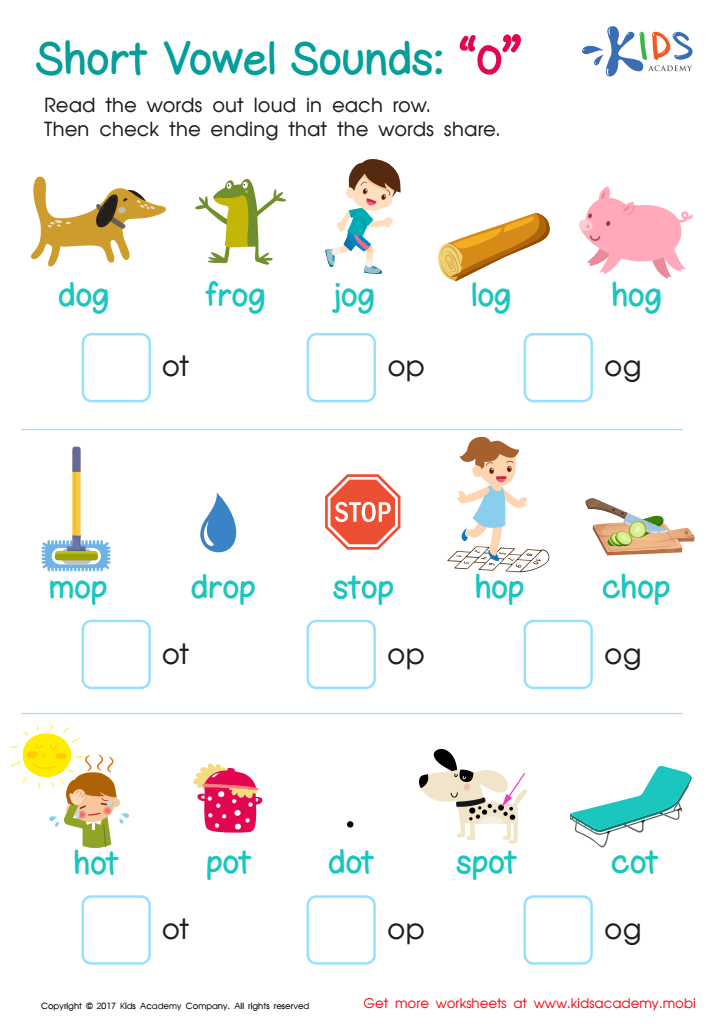

Short vowel Sounds "o" Spelling Worksheet
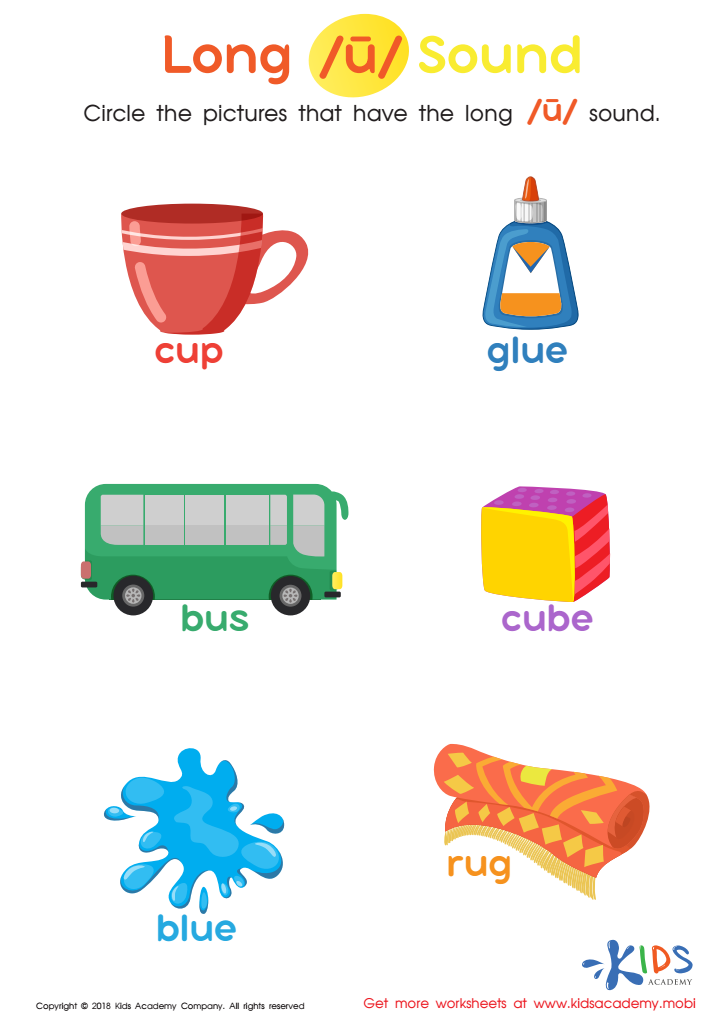

Long «u» Sound Worksheet
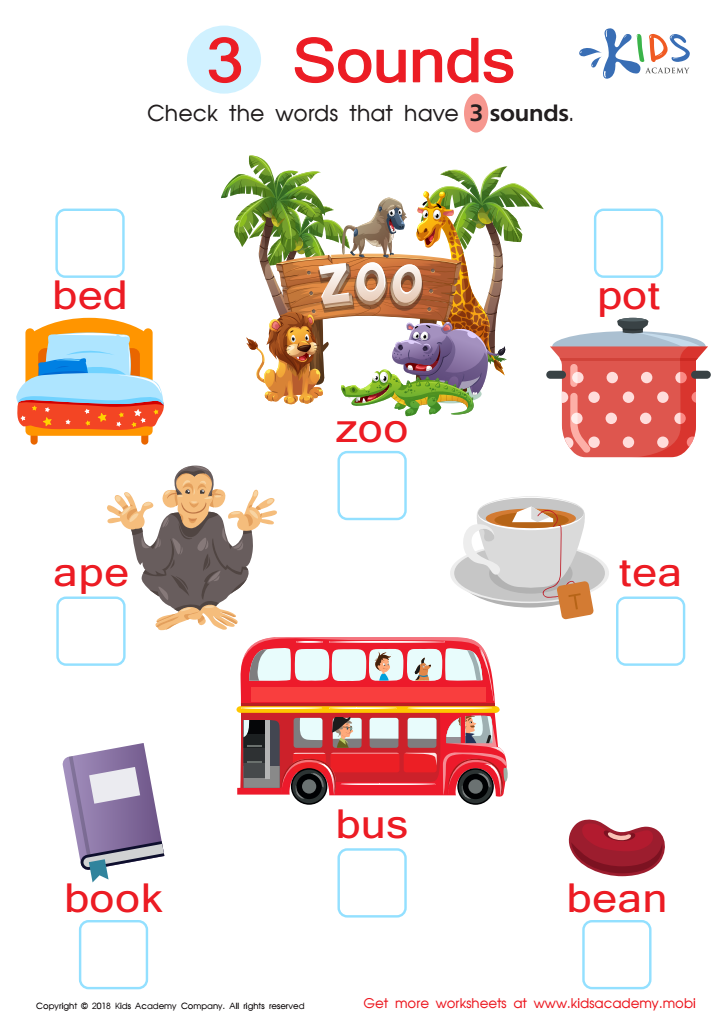

3 Sounds Worksheet
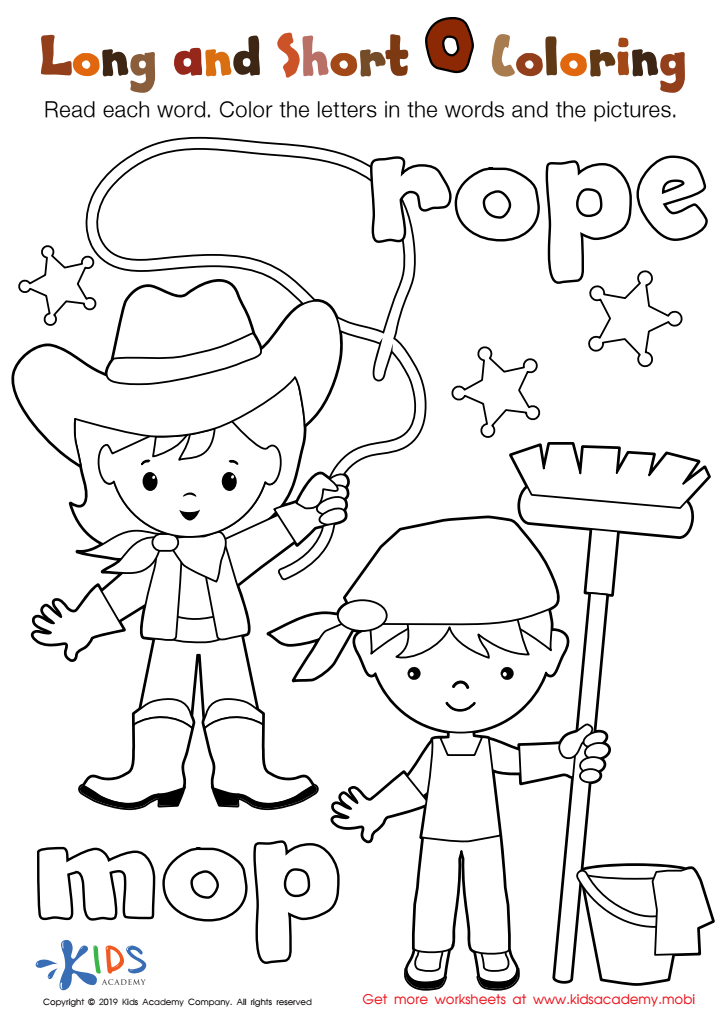

Long and Short O Worksheet
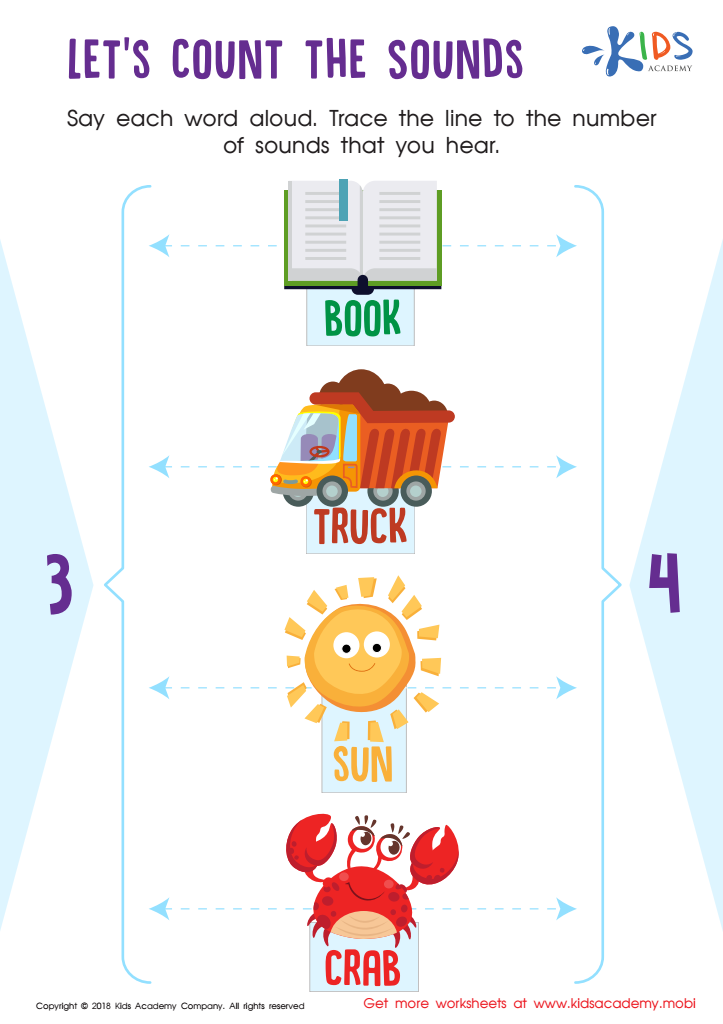

Let's Count the Sounds Worksheet
Phonological awareness is a crucial skill for Grade 1 students, forming the foundational basis for reading and writing. It refers to the ability to recognize and manipulate the sounds of spoken language, including the recognition of syllables, rhymes, and phonemes. Parents and teachers should care about phonological awareness because it significantly impacts a child's literacy development.
Firstly, strong phonological awareness enables children to decode words, making it easier for them to read independently. Children who can identify and manipulate sounds will have less difficulty sounding out unfamiliar words, leading to increased confidence and fluency in reading.
Additionally, phonological awareness supports spelling skills as children learn to segment sounds in words when writing. This connection between sounds and letters is critical for effective communication.
Moreover, research shows that early interventions in phonological awareness can prevent later reading difficulties. By fostering these skills in Grade 1, parents and teachers can help create a robust framework for lifelong literacy.
Ultimately, supporting phonological awareness encourages not only reading success but instills a love for learning and language that can last a lifetime. Engaging children in fun phonemic activities like rhyming games and sound manipulation can significantly influence their educational journey.
 Assign to My Students
Assign to My Students


